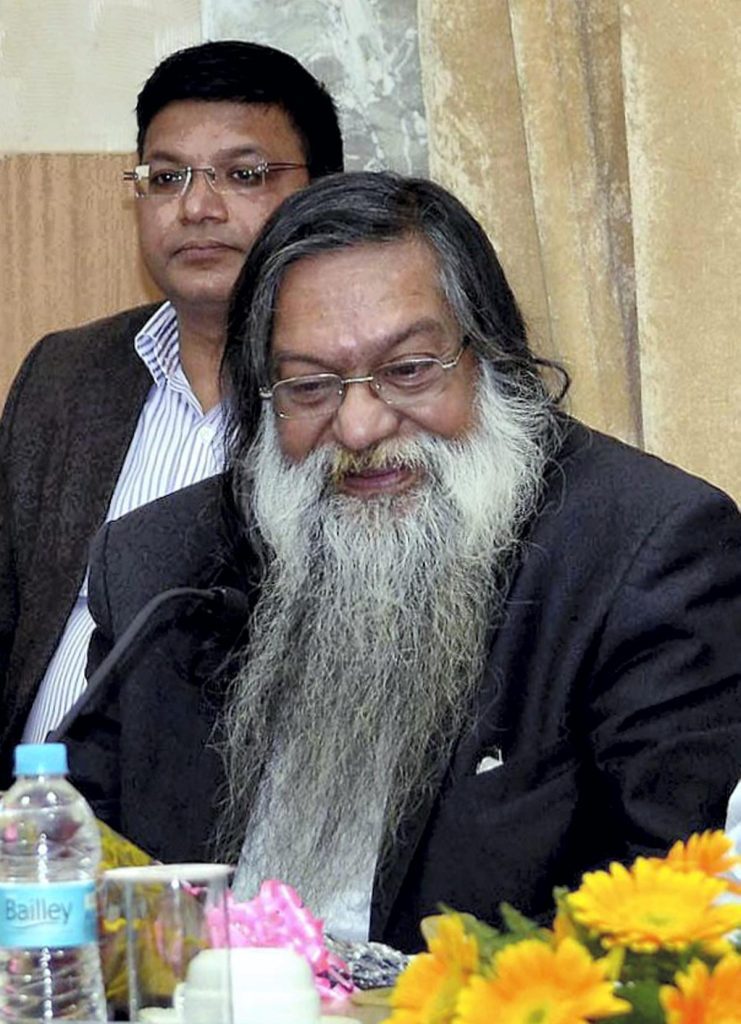Programme 8-9 am: Registration 9 – 10.30 am: Inaugural Session Chair and Welcome address: Dr.…
Remembering Abhijit Sen, who made seminal contributions to understanding Indian economic issues Vikas Rawal

Prof. Abhijit Sen, the distinguished economist who passed away on the night of August 29 at 72, was professor of economics at the Centre for Economic Studies and Planning (CESP), Jawaharlal Nehru University (JNU), for about three decades. He joined the faculty of the Centre in 1985 after returning from the UK and remained there until he retired in 2015. During his stay, he played an important role in establishing the reputation of the CESP as a premier economics department that exposed students to a diversity of perspectives and methods that made up the discipline.
Prof. Sen was particularly noted for his unique ability to teach a wide variety of courses, be it Indian economy and agriculture or quantitative methods and economic theory. He supervised the research of several students who went on to make important contributions to understanding Indian economic issues.
He played a significant role in Indian policy making and held important positions such as Chairperson of Commission for Agricultural Costs and Prices (1997-2000), Member, Planning Commission (2004-2014), Member, 14th Finance Commission, and Member, State Planning Boards of West Bengal and Tripura.
He also led a number of important high-level committees such as the High-level Committee on Long-term Foodgrain Policy (2000-02) and the Expert Committee on Rural Credit (1999-2001).
Teacher, policy maker and advisor
Prof. Sen was never simply just a member of these bodies but always made important contributions that were based on his unique insights into the working of the Indian economy.
He was also president of the Indian Society of Agricultural Economics for several terms and also conference president of the Indian Society of Labour Economics in 2010. He made seminal contributions to understanding Indian agriculture and its dynamics and evolution as well as the conceptualisation and measurement of poverty, unemployment, and inequality.
Unlike several specialists in these fields, however, Abhijit Sen was always able to place them in the larger macroeconomic and historical context of the Indian economy. A voracious reader, he was always keen to absorb contributions to the body of knowledge by others, and offer his critical view where necessary. His grasp on the data of the Indian economy appearing in several different sources was also unmatched. All these were the reasons why he was often able to understand and anticipate trends that escaped the attention of others.
Prof. Sen came from a family of economists: his late father Samar Sen and his brother Pronab Sen are well-known names in the field, as are his wife Jayati Ghosh and his father-in-law Arun Ghosh. However, he came to economics rather late, having initially studied physics in Delhi University. He completed his Ph.D in economics from Cambridge and initially taught in the UK before embarking on a long career in India as academic, teacher, policy maker, and advisor.
While he moved in the corridors of power and interacted with several wielding that power, he neither deferred to power nor aspired for it. His commitment to improving the conditions of people was always foremost. His was always an independent minded and sometime dissenting opinion that he always expressed fearlessly, and he earned universal respect on the basis of the quality of that opinion.
(Vikas Rawal is a professor of economics at the Centre for Economic Studies and Planning (CESP), Jawaharlal Nehru University (JNU).)
(This article was originally published in The Frontline on August 30, 2022)
